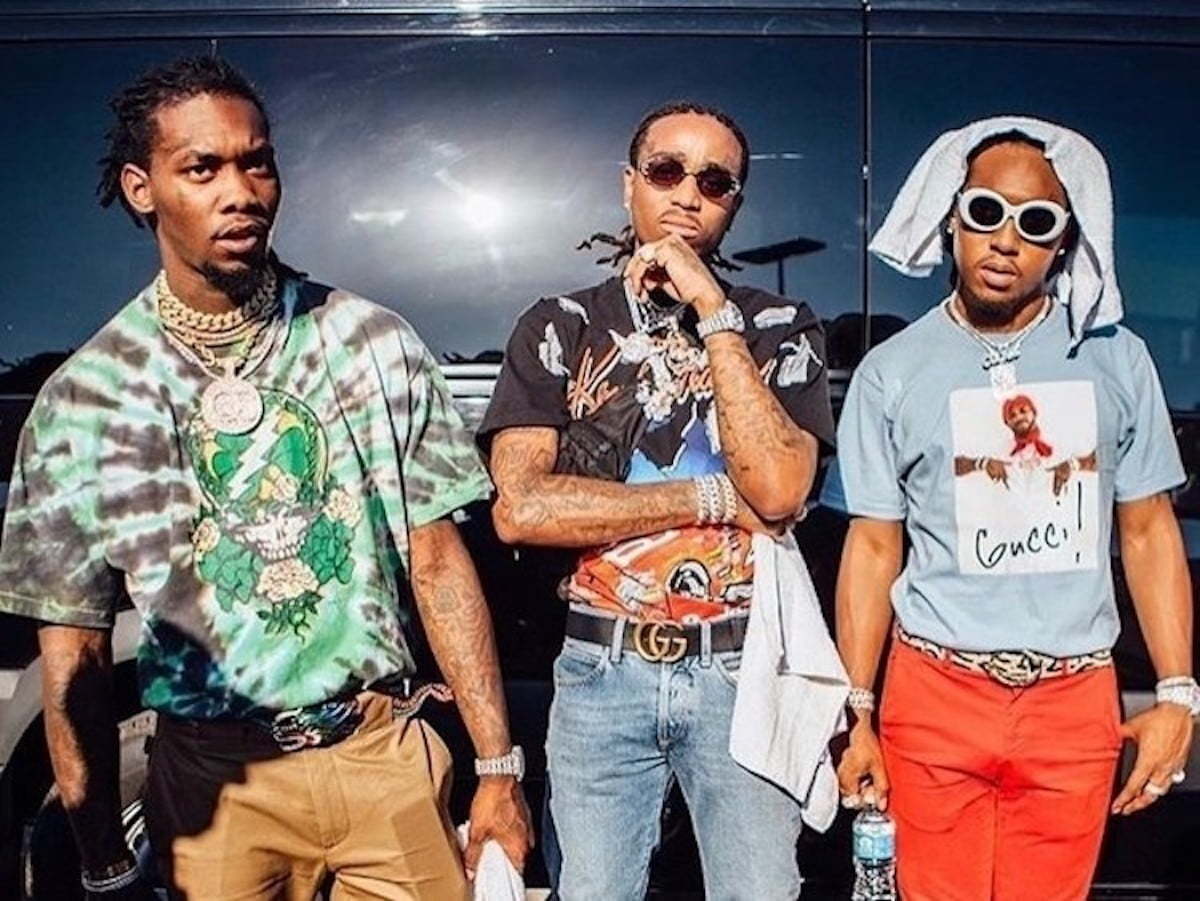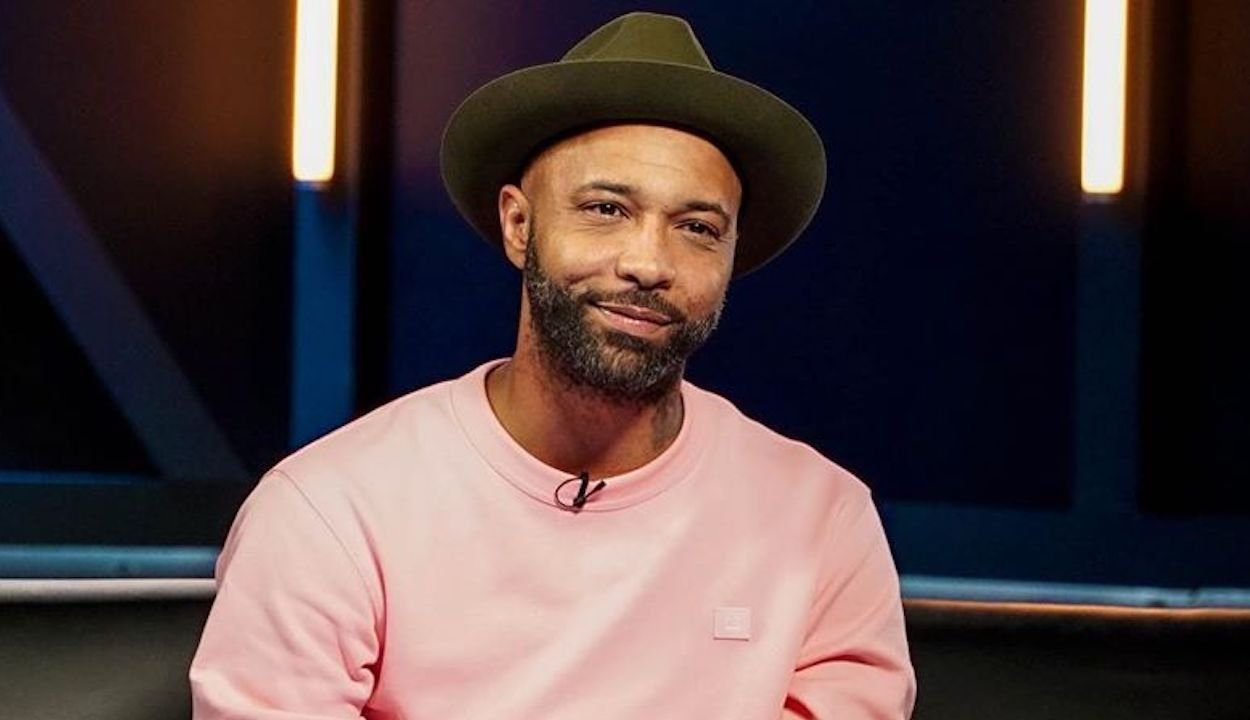Joe Budden has shared an interesting perspective on Migos legal drama with Quality Control and a lawyer representing them.
Atlanta rap group Migos is currently looking to recover millions of dollars they have allegedly lost as a result of malpractice on the part of longtime lawyer Damien Granderson. While the group has not listed their label Quality Control as being at fault, cofounder Pierre “P” Thomas took to social media to clear relinquish any bad press surrounding his brand.
Joe Budden shared his thoughts on the issue on his podcast this morning, where he also explained he learned a similar lesson in his early career. “You have to learn in the business to have your own self-interest,” Joey said. “You can treat someone like family and based on how comfortable they feel take advantage of them.”
“I was 19 or however old I was, and it was a big deal to run home to my mom and say, ‘hey people are interested in me, something big might be happening,” Joe Budden recalled in the early part of his career. “Because of where we come from, my mom didn’t have the tools to navigate this. By the time I had to find my lawyer, you do that through reference. And if you are doing all of that through your production company, or your label, they are going to refer you to their attorney. I was probably was in year three or four when I found out my attorney is not only representing my production company; they are favoring them.”
As reported by Variety, the suit filed against Granderson accuses him of abusing “his position of trust as Migos’ fiduciary from the moment he was retained as Migos’ lawyer” in 2013. This was the same year that Granderson was also contracted to be the lawyer for the group’s current label Quality Control. Documents filed in court cited his representation of both entities as “glaring conflicts of interest,” which has supposedly “cheated [Migos] out of millions of dollars.” Sadly, the group did not give an exact amount that they are looking to be awarded, instead simply stating the figures should run in the millions.
Granderson was also being accused of improperly handling and advising the record deal first signed with 300 Entertainment, which saw them paying out handsome figures during a “pricey exit arrangement” in 2017. Quavious Marshall, Quavo’s real name, Kiari Cephus, Offset’s real name, and Kirsnick Ball, Takeoff’s real name, eventually packed up shop and moved to Capitol Records.
The move to Capitol sparked more legal drama for the group, for which Granderson is also being blamed.
The group’s current legal representation spearheaded by attorney Bryan Freedman, claims that the longtime lawyer failed to disclose to Migos that offers were already wagered between Capitol and Quality Control. These deal would see the QC brand being turned over more money than what was shared by Granderson when documents were presented to the 3 members. He also failed to acknowledge that a 2018 change to the contract between Capitol and Migos would have “triggered an extension of the exclusive recording agreement between QCM and Migos, which Granderson knew to contain terms that were unconscionable for Migos.”

Granderson’s is also being brought before the courts for “betray[ing] Migos when he failed to disclose both the complete nature of his relationship with QCM and the complete nature of the conflict in representing both QCM and Migos,” along with taking “more compensation that is customary for other laywers in the field” and failing to provide the best legal advice in other negotiations.
Those poor negotiations, along with other discrepancies, have supposedly placed them in a deal with QCM that “were, and are, extremely unreasonable to Migos.”
While not addressing the work done by Granderson, Pierre issued a lengthy statement in an attempt to clear and guide the company’s name from claims of unfair business practices and total disrepair.
“It is unfortunate that the same people that we have worked hard, provided opportunities for, and championed for are now alleging that we have participated in any kind of immoral or unfair business practices or took advantage of them and their careers, especially while we are dealing with the death of an artist on our label that was dear to us,” he wrote in relation to the recent murder of Lil Marlo.
He added, “I will not stand by and let Quality Control Music’s reputation and everything we have built and sacrificed be tarnished by allegations of unfair and unjust business practices.”
Quality Control is currently home to the likes of City Girls, Lil Baby, and Lil Yachty.
